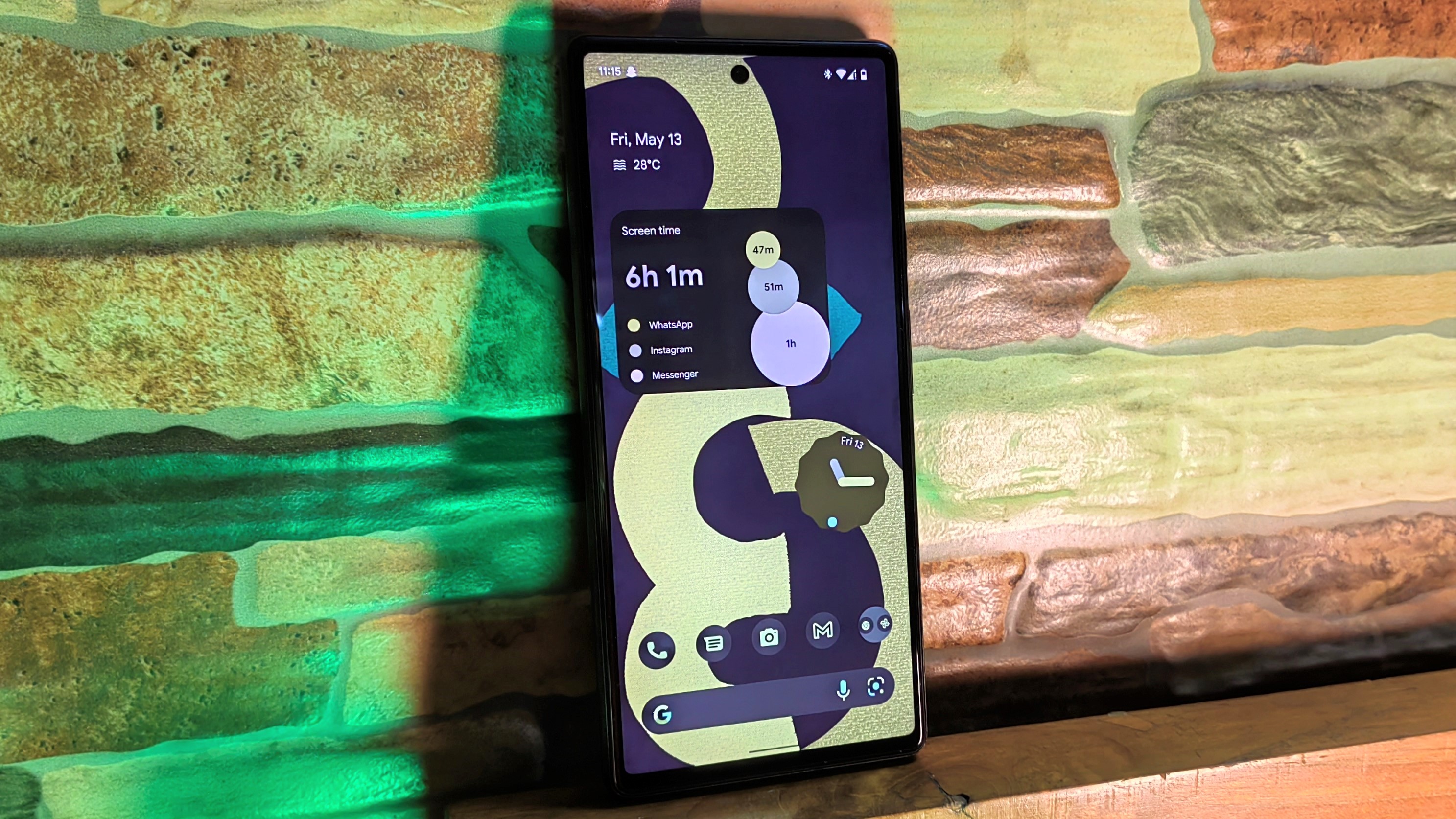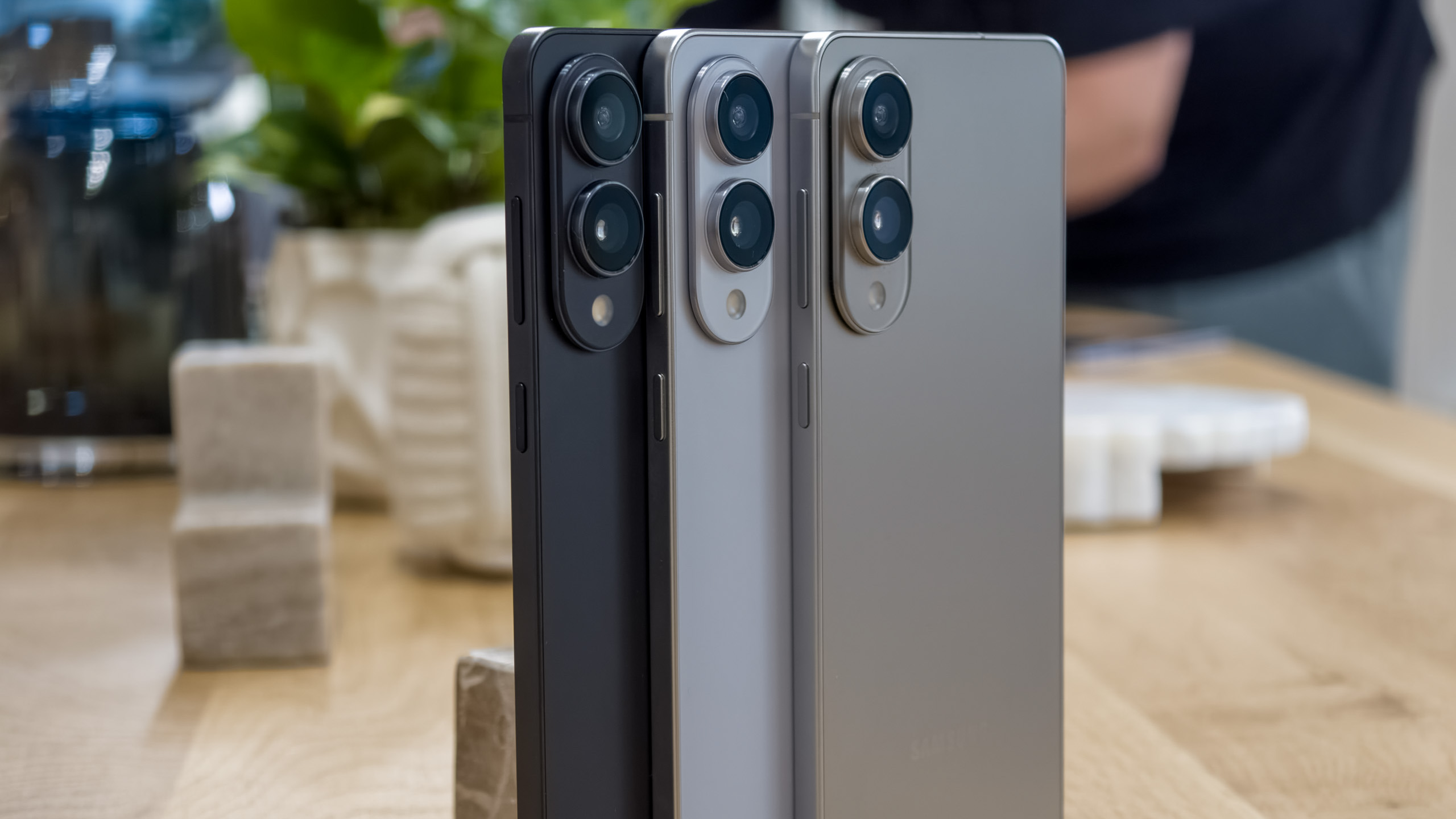Google wants your help to study the impact of smartphones on users' digital wellbeing
Researchers at the University of Oregon have partnered with Google for this new mental health research.

What you need to know
- The University of Oregon will study the impact smartphones have on mental health in collaboration with Google.
- Researchers will use Google’s Health Studies app to conduct research on the digital wellbeing of smartphone users.
- The study will begin on May 27 and is open to any adult in the United States who owns an Android phone.
While digital wellbeing features are now required on all Google-certified Android phones, manufacturers have a long way to go in terms of designing better products with mental health in mind. That is why researchers at the University of Oregon are collaborating with Google to study the impact of smartphones on digital wellbeing.
Dr. Nicholas Allen, a psychology professor and director of the University of Oregon's Center for Digital Mental Health, announced the new research project in a blog post. Allen, the study's lead researcher, explained that the team will use Google's Health Studies app to see how people use their phones and how screen time affects their overall wellbeing.
The study is open to adults in the United States who own any of the best Android phones. It will begin on May 27 and last up to four weeks. Participants' devices must have the Google Health Studies app installed. By using the app, researchers hope to gain a better understanding of how people actually use their smartphones.
"We’ll recruit a large representative sample and collect direct, objective measures of how people use their phones, with their informed consent," Allen said. "We’ll use passive and continuous sensing technology to do this, rather than relying only on self reports."
Researchers will also use the participants' phones to measure various components of wellbeing, such as sleep and physical activity.
To protect user privacy, the app will allow users to control the sensitive data they submit through the app. Participants will also be able to choose to add relevant Fitbit data, such as step count and physical activity. Allen said these pieces of "data will never be sold or used for advertising."
"The data collected will be managed according to strict ethical standards and will only be used for research and to inform better products," he added.
Get the latest news from Android Central, your trusted companion in the world of Android
The project's ultimate goal is to help companies design better products that take mental health to heart.

Jay Bonggolto always keeps a nose for news. He has been writing about consumer tech and apps for as long as he can remember, and he has used a variety of Android phones since falling in love with Jelly Bean. Send him a direct message via X or LinkedIn.
